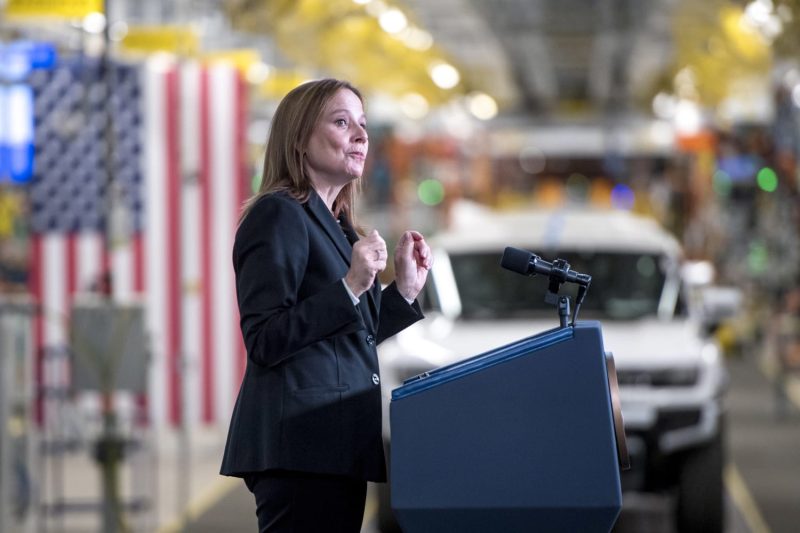The recent announcement that General Motors (GM) plans to invest $625 million in a joint venture to mine battery raw materials in the United States signifies a significant step forward for electric vehicle (EV) production and the broader automotive industry. This groundbreaking initiative highlights the growing importance of securing a domestic supply chain for critical raw materials, especially as the demand for EVs continues to rise.
The decision to invest in domestic mining operations is a strategic move by GM to ensure a stable and cost-effective supply of raw materials for its EV batteries. By partnering with controlled thermal resources (CTR), a company specializing in sustainable lithium production, GM aims to establish a reliable source of battery-grade lithium hydroxide in the U.S. This move not only mitigates the risks associated with reliance on foreign sources but also supports the national drive towards clean energy and sustainability.
The joint venture between GM and CTR reflects a broader trend within the automotive industry towards vertical integration and greater control over the supply chain. By investing in domestic mining operations, automakers like GM can reduce their exposure to potential disruptions in the global supply chain while also creating jobs and stimulating economic growth in the regions where mining activities take place. This approach aligns with the broader shift towards localization and resilience in supply chain management, driven by geopolitical, economic, and environmental considerations.
Moreover, GM’s investment in mining battery raw materials underscores the crucial role of sustainability and environmental responsibility in the EV industry. As the demand for EVs continues to grow, ensuring a sustainable and ethical supply chain for raw materials becomes paramount. By partnering with CTR, which specializes in sustainable lithium production using advanced technologies and environmentally friendly practices, GM is not only securing its access to critical raw materials but also promoting responsible sourcing and production practices in the industry.
In conclusion, GM’s decision to invest $625 million in a joint venture to mine EV battery raw materials in the U.S. represents a significant milestone in the evolution of the automotive industry towards a more sustainable and resilient future. By prioritizing domestic sourcing, sustainability, and supply chain control, GM is setting a commendable example for other automakers and industries to follow. This strategic investment not only strengthens GM’s position in the rapidly expanding EV market but also demonstrates its commitment to driving positive change in the global automotive landscape.
